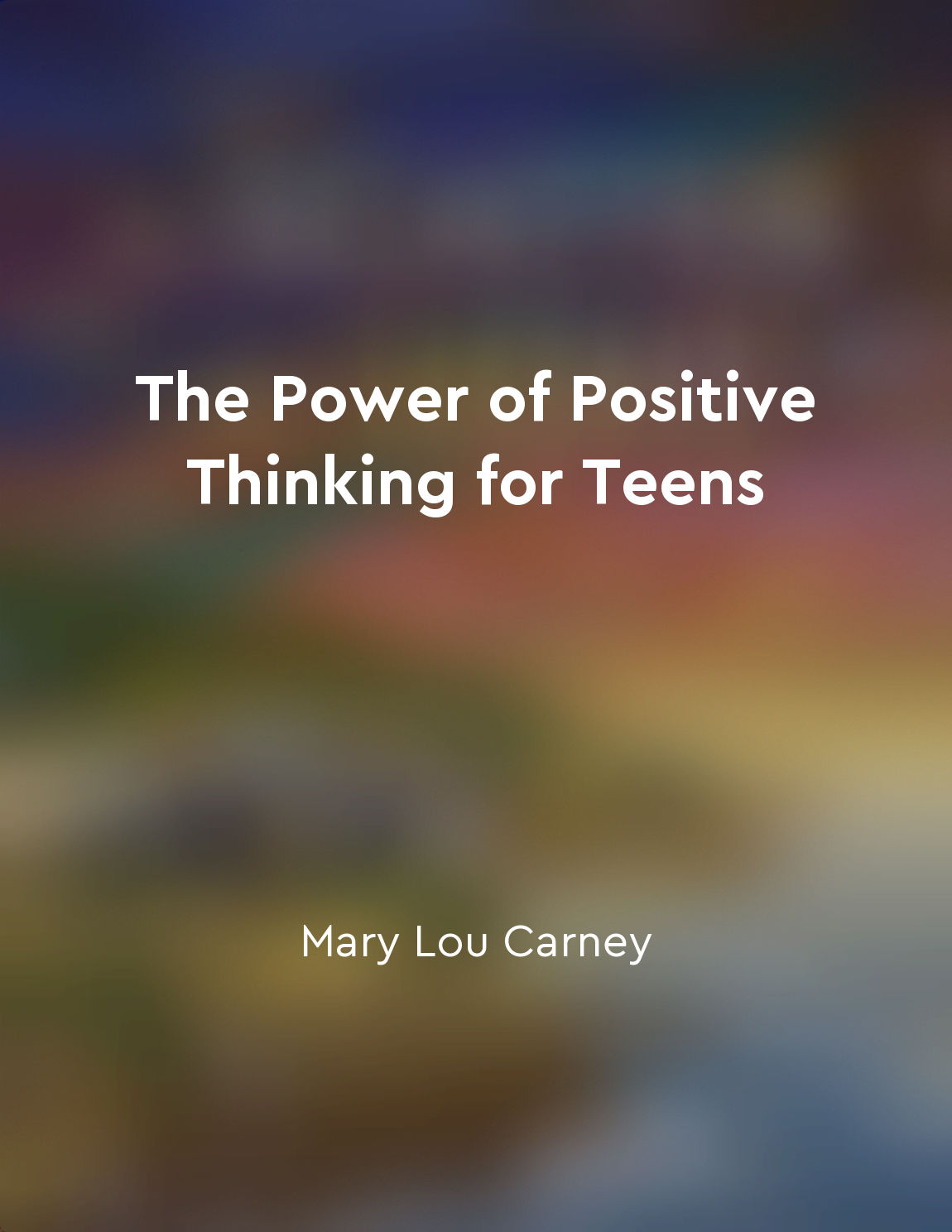Setting realistic goals from "summary" of The Mindfulness Workbook for OCD by Jon Hershfield,Tom Corboy
Setting realistic goals is an essential part of managing OCD symptoms. When you set goals that are too ambitious, you may set yourself up for failure and feelings of disappointment. On the other hand, setting goals that are too easy may not provide enough challenge for growth. Finding the right balance is crucial for making progress in your recovery journey. To set realistic goals, it's important to consider your current capabilities and limitations. Reflect on your strengths and weaknesses, as well as the resources available to you. By understanding where you are starting from, you can set goals that are achievable and within reach. This will help you build confidence and motivation as you work towards your objectives. Another key aspect of setting realistic goals is breaking them down into smaller, manageable steps. This approach allows you to track your progress more effectively and celebrate small victories along the way. By focusing on one step at a time, you can prevent feeling overwhelmed and stay motivated to continue moving forward. It's also important to be flexible with your goals and adjust them as needed. Recovery is not a linear process, and setbacks may occur along the way. By being open to adapting your goals based on your current circumstances, you can maintain a sense of control and continue making progress despite challenges that may arise.- Setting realistic goals is about finding a balance between challenge and achievability. By considering your starting point, breaking down goals into manageable steps, and remaining flexible in your approach, you can set yourself up for success in managing your OCD symptoms. Remember that progress is not always linear, and it's okay to adjust your goals as needed to support your ongoing growth and recovery.
Similar Posts
Give back to others
One of the key components of living a happier life is to focus on giving back to others. By helping and supporting those around...
Nurture relationships by listening actively and empathetically
When we listen actively and empathetically, we demonstrate a genuine interest in understanding the other person's perspective. ...
Continued personal growth
The concept of continued personal growth is critical for anyone seeking to overcome their fears and achieve success. It involve...
Not all temptations are equal
In the realm of temptation, it is crucial to recognize that not all temptations carry the same weight. Some may be fleeting and...

Challenging perfectionistic thinking patterns leads to greater peace of mind
Perfectionism is a double-edged sword. On one hand, it pushes us to strive for excellence and achieve our goals. On the other h...
Mindfulness can help teens stay grounded during stressful situations
When we find ourselves in the midst of a stressful situation, it can feel like we are being swept away by a tidal wave of emoti...
Value authentic connections with others
To truly experience a sense of fulfillment and connection in our lives, it is essential that we prioritize the value of forming...

Find joy in the little things
Life is full of big moments - birthdays, graduations, weddings, and holidays. We often look forward to these milestones, antici...

Get out of your comfort zone regularly
It is easy to become comfortable in our daily routines and habits. We find solace in familiarity and predictability. However, s...
Setting boundaries is necessary for emotional wellbeing
Setting boundaries is a crucial aspect of maintaining emotional wellbeing. When we set boundaries, we are essentially establish...

